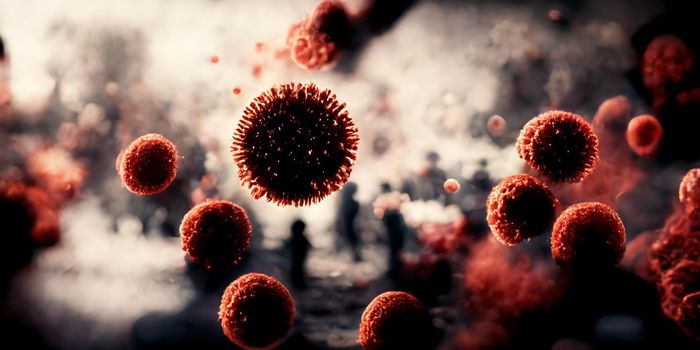Night of pleasure leads to sexual infection drug discovery
A case study from the UK tells the biologically intimate story of a 20-year-old man who contracted Mycoplasma genitalium after unprotected sex. When symptomatic, this sexually transmitted infection causes inflammation of the urethra in men and the cervix in women, and it can also cause female infertility.
Unfortunately for this anonymous patient and others, hospitals are seeing a rise in antimicrobial-resistant Mycoplasma genitalium (M. genitalium). Antimicrobial resistance often causes first- and second-line therapies to fail.
Physicians typically use macrolide antibiotics to treat bacterial infections from strep throat and pneumonia to sexually transmitted infections like chlamydia, gonorrhea, and M. genitalium. DNA tests verified the tell-tale mutations in this patient's M. genitalium, indicating antibiotic resistance.
Around 69% of clinical M. genitalium specimens now display macrolide resistance and those you use this clinical tool daily are getting worried.
To take down a bacteria, drugs in the macrolide class bind to ribosomes to literally block protein production. Macrolide binds to the production or exit tunnel of the ribosome, the site where constructed protein strand exits. This effectively constipates the ribosome. The bacteria cannot make vital proteins with a bunch of plugged tunnels. However, bacterial mutations that change the shape of that opening thwart macrolide binding, allowing the mutated bacteria to thrive.
The afflicted patient received second-line and multiple third-line treatments, but symptoms persisted. Consternated doctors even petitioned for compassionate use of an experimental antibiotic but were denied access.
As a fourth line of defense, doctors resorted to a common eye infection medication. Miraculously, a hefty dose of chloramphenicol -1g pills administered orally 4 times a day- resolved the patient’s urethral discharge.
Chloramphenicol obstructs bacterial protein synthesis in a different way than macrolides. Still active in a ribosome’s P site, chloramphenicol prevents peptidyl transferase from forming peptide bonds between amino acids.
Chloramphenicol is well tolerated by patients. While cheap internationally, it’s currently expensive in the United States. This discovery offers hope to those struggling with macrolide-resistant bugs.
Sources: BMJ Journals Sexually Transmitted Infections, CDC, Molecular Cell, Cold Spring Harbor Perspectives in Medicine, Science Direct









